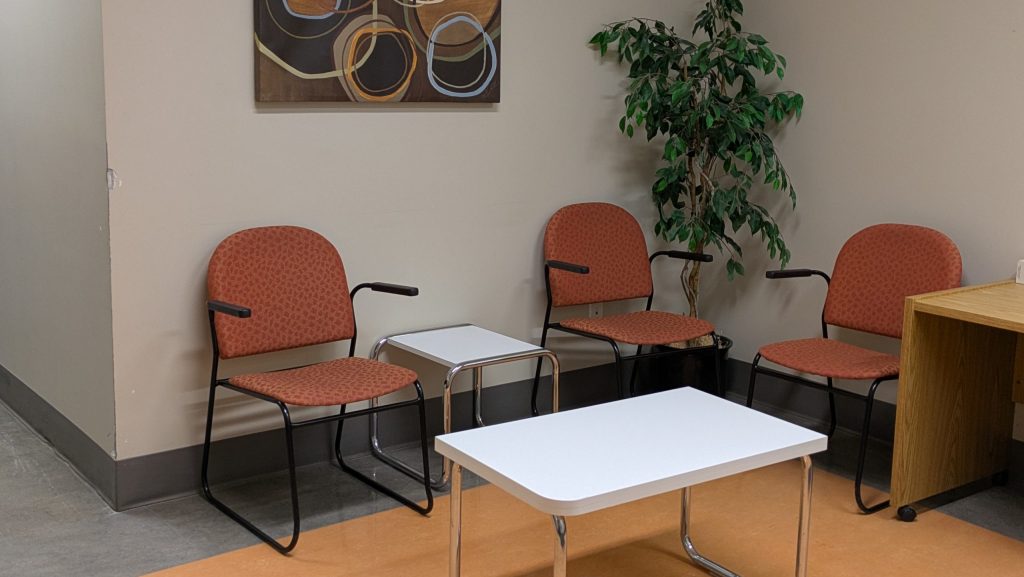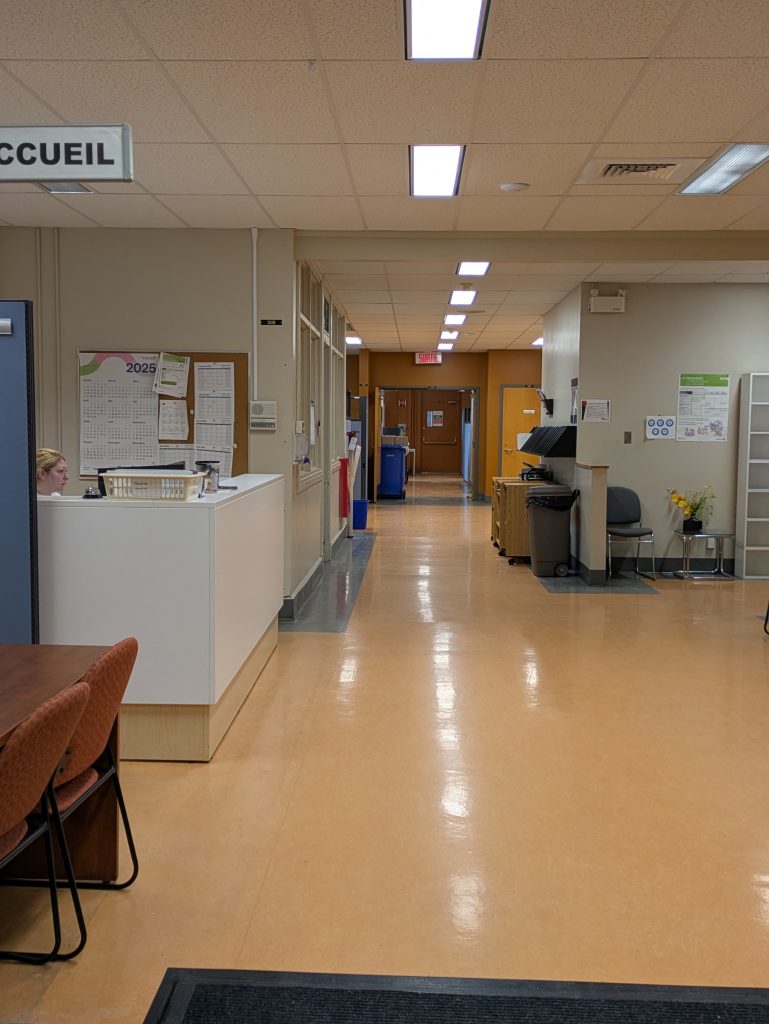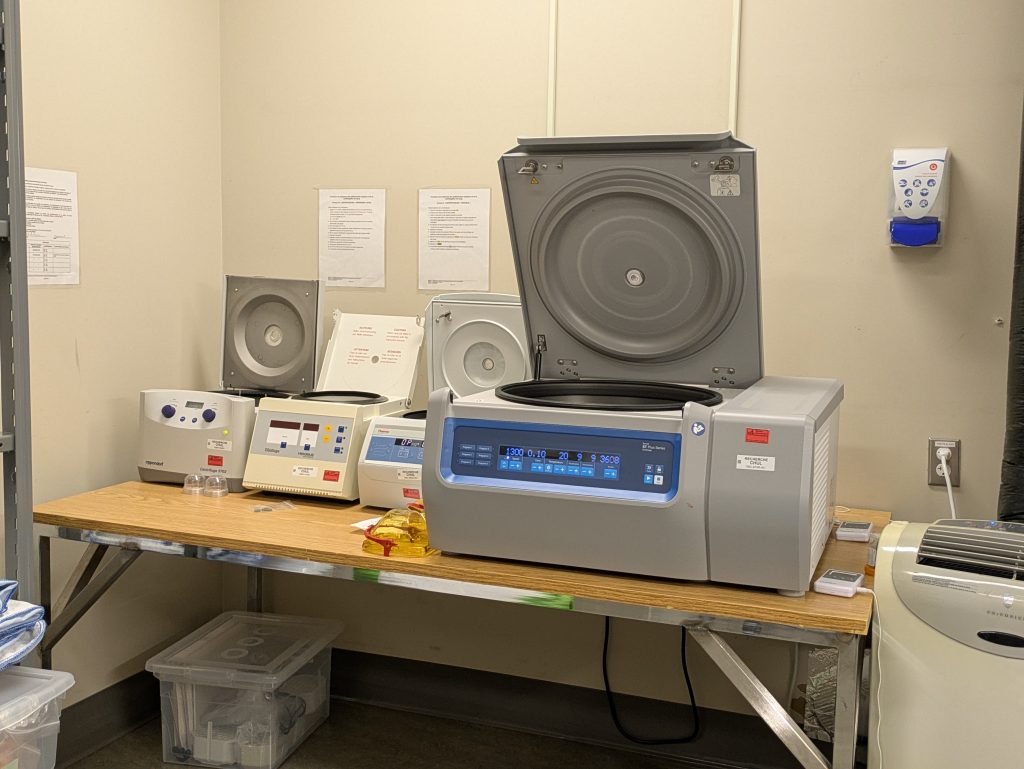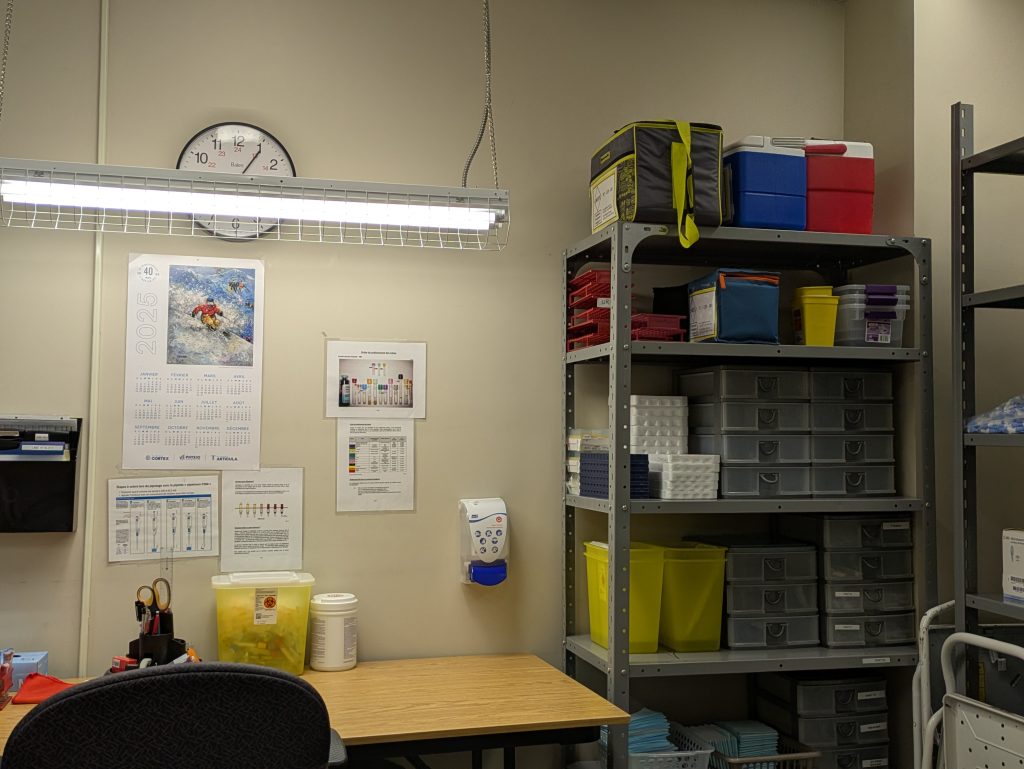Montreal researchers say Quebec has reached herd immunity against HPV

Posted March 27, 2025 10:26 am.
Last Updated March 27, 2025 1:29 pm.
The human papillomavirus or HPV vaccination program has reportedly achieved herd immunity, according to research conducted at Université Laval.
Dr. Chantal Sauvageau, a professor in the faculty of medicine, and her team say the program is so effective that even unvaccinated young people benefit from a form of immunity.
“To have herd immunity, we need at least two things: a good vaccine, which is the case for HPV, and a good vaccine coverage, which we have,” said Dr. Sauvageau. “It’s great news that these vaccines are working. Our study is showing that it’s really working. It has been shown elsewhere. It’s not a surprise that we have a herd immunity.”
“For example, for flu vaccine, we have seasons where we have only 40-50 per cent efficacy. Here we have really a huge positive impact, we can eliminate a cancer.”

Primarily transmitted sexually, HPV is present in virtually all cases of cervical cancer and can cause lesions that can lead to cancers of the throat, vagina, vulva, anus, and penis.
“We still can catch lesions before they can get too invasive cancer, but at a stage where the lesions is a pre-cancer. But for the other sites, we don’t have these strategies, we really rely on the primary prevention, which is the HPV vaccines,” said Dr. Sauvageau.
The HPV family includes more than 100 types of viruses.
“The one that we don’t want to have is the number 16. So it’s the most oncogenic virus. So this type with others may lead to precancers and cancers.”
The team measured the prevalence of HPV in 369 sexually active, unvaccinated young men aged 16 to 20 from 2020 to 2022.

“Initially, we wanted to compare the effectiveness of these different vaccination schedules. Normally, this effectiveness is measured by comparing the prevalence of the virus in vaccinated and unvaccinated people. This approach is appropriate when there is no herd immunity,” said Dr. Sauvageau.
“In the case of HPV, the effectiveness of the vaccine combined with the high vaccination coverage for those who have received one dose or more – we are talking about 90 per cent of girls and 86 per cent of boys when measured at the age of 15 – suggested that it was possible that herd immunity had set in. That’s what we wanted to verify.”
The HPV vaccination program was rolled out in Quebec in 2008. Today, the vaccine protects against nine types of the virus and is offered to young people aged nine to 20.



Despite reaching this milestone, Dr. Sauvageau still encourages youth to get vaccinated, saying the recent surge in measles cases clearly demonstrates what can happen when vaccination rates decline.
“It’s sexually transmitted, so really the better time to get it, the best time is among pre-adolescents. And we know that getting this vaccine in schools is really the most efficient way and the most equitable way to reach all young,” said Dr. Sauvageau.
In the United States, where vaccination coverage is less widespread, there is also a form of herd immunity, but on a lesser scale, Dr. Sauvageau added.
“We could think having this herd immunity, why are we still immunizing or why it’s still important to immunize? It’s because these viruses are not eliminated from the planet. And we see for measles that just when we get a bit down of a high vaccine coverage, it comes back. So we have to continue to immunize, to continue to be protected.”
-With files from the Canadian Press








